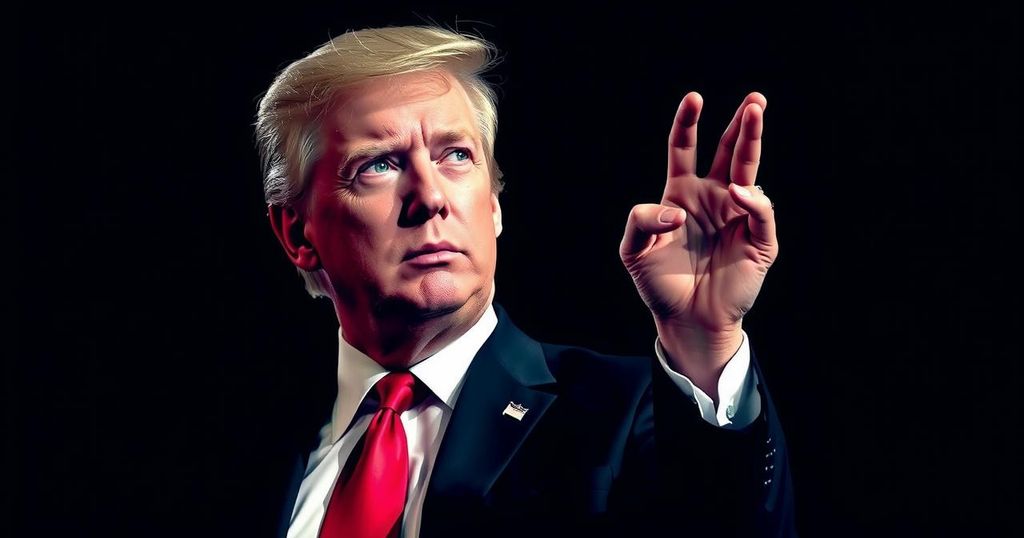Elon Musk is attempting to influence the upcoming US election by financially incentivizing support for Donald Trump through his political action committee, America Pac, which is offering cash prizes for petition signers. His tactics, which may border on illegal vote-buying, include targeted ad campaigns that disseminate contradictory messages to various voter groups. This reflects a broader trend where wealthy individuals exert control over political narratives and elections, raising significant ethical concerns.
As the US election approaches, Elon Musk is reportedly engaging in questionable tactics to assist Donald Trump’s campaign. His pro-Trump political action committee, America Pac, has announced a daily giveaway of $1 million to a randomly selected supporter of a petition advocating for free speech and gun rights. This initiative follows an earlier proposition by Musk to pay $47 to registered voters in swing states who signed the petition, which has since increased to $100 in Pennsylvania, raising ethical concerns about potential vote-buying. Additionally, Musk’s Future Coalition Pac is employing manipulative advertising strategies aimed at differing voter demographics. In states with significant Arab and Muslim populations, they are highlighting Vice President Kamala Harris’s support for Israel, while conversely presenting her as pandering to Palestinians in ads directed at Jewish voters in Pennsylvania. The influence of money in American politics has intensified since the Supreme Court’s Citizens United ruling in 2010, leading to unrestricted financial contributions from corporations and wealthy individuals. The top fifty donors have contributed a staggering $2.1 billion to this election cycle, with a significant portion directed towards Republican campaigns, including Trump’s. Musk has invested approximately $75 million in pro-Trump efforts, yet this sum pales in comparison to other donors like Miriam Adelson, whose contributions reach $100 million. Stakes are increasingly high as these mega-donors expect a return on their investments, and one can speculate what Musk’s motivations might be. There are indications that Musk seeks not only influence but also a favorable environment for his business ventures. Trump has suggested a role for Musk as a “secretary of cost-cutting,” which could lead to increased government contracts for Musk’s companies. Given Musk’s unpredictable nature, one might wonder if his administration would prioritize whimsical or even absurd projects funded by taxpayer money. The ideological landscape may shift dramatically should Trump secure a second term, potentially leading to policy changes that reflect Musk’s personal interests.
The article highlights the growing intersection of wealth and politics, particularly in the context of the upcoming US presidential election. It illustrates how affluent individuals and organizations can exert significant influence over electoral outcomes through financial contributions and strategic campaigning. Musk’s activities demonstrate a broader trend of wealthy donors seeking to leverage their connections for political gain, a dynamic that has intensified since the 2010 Citizens United ruling, which allowed for unprecedented funding into campaign operations.
In conclusion, Elon Musk’s financial maneuvers and targeted advertising strategies signal a concerning trend in American politics where money not only influences outcomes but raises ethical dilemmas regarding the integrity of electoral processes. As the election approaches, it remains to be seen what impact these tactics will have on voter behavior and the overall political landscape. The implications of such actions highlight the urgent need for comprehensive reform in campaign finance to ensure fair electoral practices.
Original Source: www.theguardian.com







